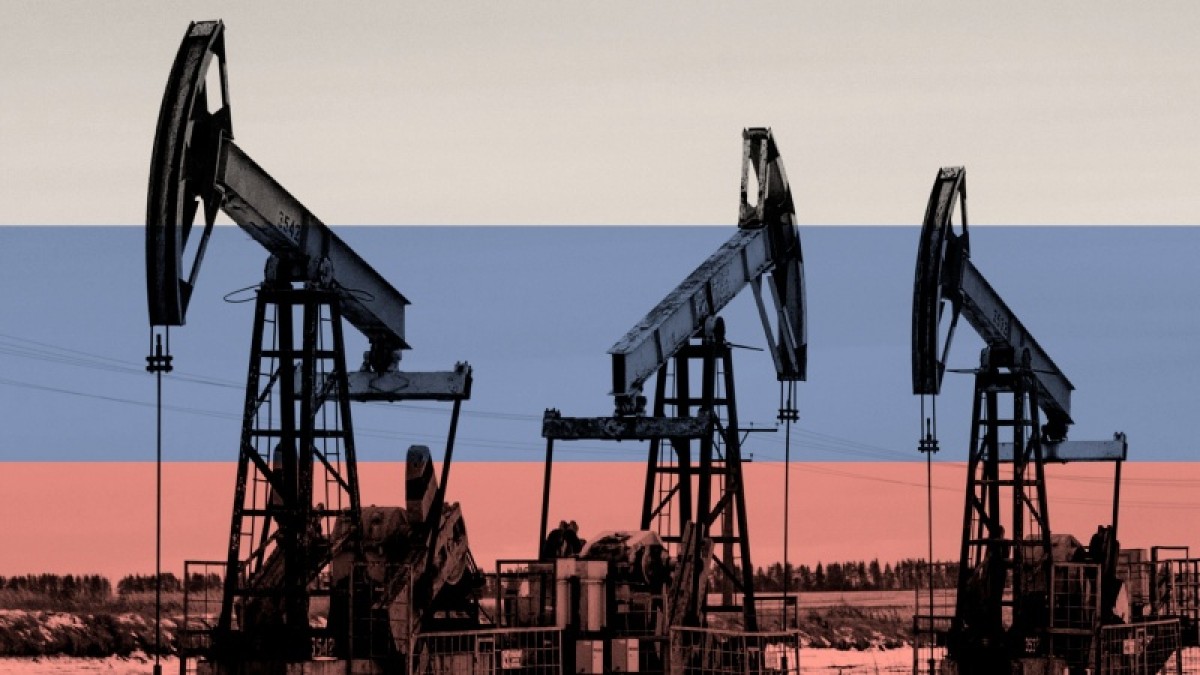 51
51
MOSCOW - "This year Europe will have to get used to living without Russian oil". It is Moscow's response to the so-called "Price Cap", decided by Europe. Russian Deputy Prime Minister Alexander Novak said two days ago that Moscow will prohibit domestic companies from selling Russian oil under any price ceiling and that Russia is willing to cut production to compensate for the loss of exports. And there are those who say that the ceiling on the price of Russian oil decided by the European Union may have arrived late. Brussels has just announced that it has set a limit on public and private purchases of crude oil controlled by the Moscow company: no more than 60 dollars a barrel.
The artificial ceiling on the price of Russian oil, formally decided by the European Union over the weekend, risks becoming the most useless and, perhaps, harmful of the sanction measures directed against Moscow and adopted to its detriment in recent months by Brussels. After a heated internal dispute between countries intending to set a threshold at the ludicrous level of 20 or 30 dollars a barrel (Poland, Baltic countries) and others worried about the consequences of the initiative, the quota was finally set at 60 dollars . Whatever the ceiling – or “cap” – the effects will still not be the ones desired by the EU or Washington for a number of reasons, first and foremost Russia’s obvious unwillingness to participate in a criticized crude oil market manipulation scheme by the vast majority of global manufacturers.
On the same day that the ceiling on the price of Russian oil officially came into force, the European embargo on imports of this same product by sea also went into effect. The measure will also be adopted by the countries that are part of the G-7 and by Australia. The mechanism includes a ban on providing “technical assistance”, brokerage, insurance and transport services to those transactions of Russian crude oil fixed at a sale price above 60 dollars a barrel. Since European operators in this area hold a large portion of the international market, Europe intends the “price cap” to be somewhat effective.
However, the assumption of the governments that gave life to the initiative is based on very dubious arguments. That is, Russia would not be able to make up for it quickly with its own tankers and insurance services to sell crude oil above the newly introduced ceiling. At the same time, the threat to stop some of its mining activity should not materialize, as Moscow could not afford to reduce its oil export revenues.
In reality, the government and the main Russian producers have been expanding the fleet of tankers they can count on for the transport of crude oil for some time. For example, the Financial Times wrote in recent days that Moscow has “massed a ghost fleet of over one hundred tankers” in anticipation of the ceiling imposed by Europe, the USA and their allies. Last summer, the Western press also reported that the Russian public insurance company RNRC was already guaranteeing the transport of oil by Russian ships. Operators from other countries in the shipping and insurance sectors will then take advantage of the vacuum left by Western companies, taking their respective market shares away from them, often permanently. The Greek and Cypriot shipping companies, whose governments had in fact proposed a higher ceiling of around 70 dollars a barrel, will pay the price.
In any case, Russia has reiterated that it does not intend to sell oil to those who adhere to the “price cap”, whatever the figure established, even at the cost of slowing down production. In the latter case, the decrease in the quantity of oil available on the markets would lead to an increase in prices, so that, on the one hand, Russia would compensate for the revenue lost from lost sales due to the cap and, on the other, Europe would end up however to pay a higher price than crude oil purchased from any supplier.
The other fundamental problem of yet another self-defeating project from Brussels is the non-cooperation of the major oil buyers, China and India above all, and the absence of tools to push them to adhere to the “price cap”. As with all the sanctions imposed on Russia since last February, Beijing and New Delhi have also rejected this last measure conceived by the G-7.
Comment
Post a comment for this article